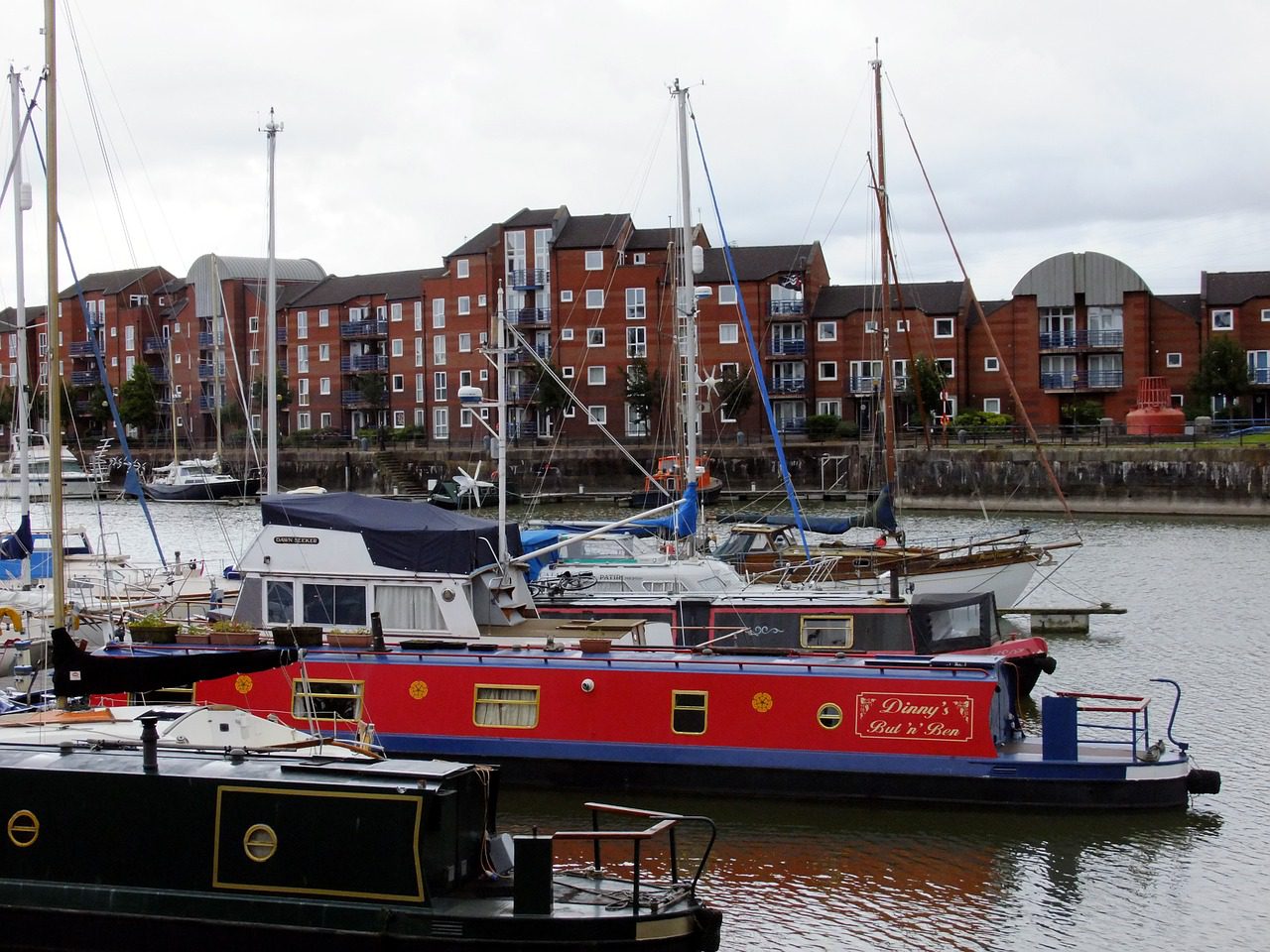The city of Preston has seen a remarkable turnaround over the past 10 years, from post-industrial depression to thriving community, which is inspiring innovation in neighbourhoods across the country. The Guardian‘s latest event looks at how and why this happened.
Aditya Chakrabortty, a Guardian commentator, wrote an eye-opening piece earlier this year detailing how Preston, which only achieved city status in 2002, has gone “from rags to riches” over recent years and how other towns and cities can learn from its inspirational story.
Last week, the national newspaper hosted an event in Preston’s university campus, which looked more closely at the city’s unique approach and recent success and investment. The event, which attracted more than 400 people, was led by Chakrabortty alongside Preston city councillor Matthew Brown, Wigan’s Labour MP Lisa Nandy, 2017 Turner prize winner Lubaina Himid, and They Eat Culture arts organisation creative director Ruth Heritage.
Discussions included the topic of the devolution of power away from decision-makers in London’s Whitehall, allowing more control to be taken on a local level, which is arguably how the city got back on its feet, according to Chakrabortty, who describes Preston as having adopted a “guerrilla localism”.
“It keeps its money as close to home as possible so that, amid historically drastic cuts, the amount spent locally has gone up,” he said.
“Where other authorities privatise, Preston grows its own businesses. It even creates worker-owned co-operatives” – Chakrabortty
Staying local
Ensuring that more money that is made in Preston – through the city’s many public bodies – is spent in Preston is another way the city has learned to thrive; an issue that was pushed by Councillor Brown. He campaigned for six of Preston’s public bodies to commit more money to local resources where possible, and the results have been proven – while £38m was spent in Preston and £292m was spent in Lancashire by the six bodies in 2013, by 2017 £111m was spent in Preston while £486m was spent across Lancashire.
Speaking after the event, Chakrabortty revealed he was excited by the idea of Preston creating a “toolkit” for other towns to replicate the city’s success, while Brown said he had received around 20 to 30 messages from individuals in other UK towns asking for advice on how to achieve similar success – and revealed that the “Preston model” had even been discussed in Brussels at the European council.
Chakrabortty added: “There’s a palpable appetite for something different. There’s been a shift in public mood and people are grasping for alternatives. Those in power must listen. Local authorities as well as residents want to think beyond austerity and approach their economic challenges more constructively.”










